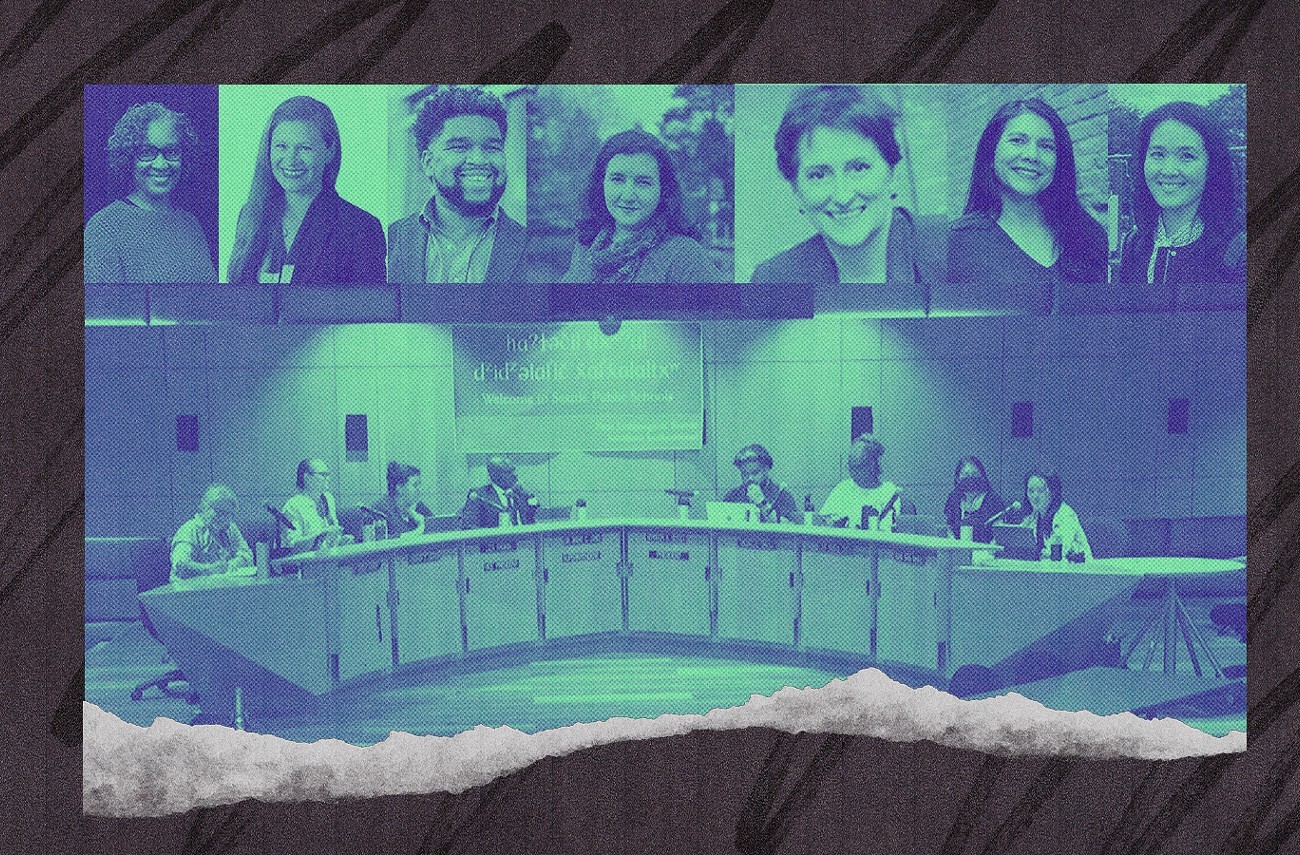Opinion Piece on Student Outcome Focused Governance in SPS in The Stranger
The Stranger gave space to political activist Robert Cruickshank to talk about SOFG. His opinion piece is titled, "Seattle's School Board Should Move Away from Student Outcomes Focused Governance." The subtitle is "We Should Empower the Community with Participatory Budgeting Instead."
Now THERE'S an idea. Actually ask parents what they value (which is allegedly part of SOFG) for their school and where they might spend the money.
A recent Stranger article on SOFG explained that the board adopted this model in part to address concerns about micromanagement. Without board action, however, families and students lack assurance that their needs will be addressed if the board doesn’t step in.
SOFG is built on the idea that the school board needs to focus solely on “student outcomes,” letting the administration handle everything else without board involvement. In Seattle, most of these outcomes take the form of test scores.
This model resembles those used by corporate and nonprofit boards and applies them to a publicly elected school board. It’s no surprise given that its backers support a corporate approach to public education and have worked to limit the power of elected school boards.
On AJ Crabill of the Council for Great City Schools:
In Texas, one of his responsibilities was to impose a version of SOFG on local school boards in districts with low test scores. It’s No Child Left Behind for school boards.
Crabill recently suggested that there ought to be “automatic recalls if student scores drop dramatically.” This is thankfully not possible under Washington State law.
And elsewhere in the country:
In San Francisco, progressives have begun mobilizing against SOFG. Their school board adopted SOFG after a new board took office. A number of those seats were appointed by the city’s mayor in the wake of the successful billionaire-funded recall of three progressive board members by conservative activists. One of the recalled board members, Alison Collins, slammed SOFG, suggesting it is “code for privatization” and “justified via standardized testing.” The SF Education Alliance, affiliated with Our Revolution (which emerged from Bernie Sanders’s 2016 campaign), is leading a new campaign against SOFG.
He pushes back against Director Liza Rankin:Here in Seattle, school board Vice President Liza Rankin defended SOFG to The Stranger, claiming that “the fear that SOFG gives the Board less power to check the Superintendent comes from a confusion of the roles of the two entities. The Board sets policy and judges how well the Superintendent implements the policy, but the Board cannot involve itself in the actual running of the schools.”
That’s Rankin’s opinion, but she wrongly passes it off as fact. Nothing in state law prevents the Board from involving itself in the actual running of the schools. In fact, state law explicitly states that “each common school district board of directors, whether or not acting through its respective administrative staff, be held accountable for the proper operation of their district to the local community and its electorate.”
Cruickshank includes some information about SPS that I hadn't heard - a poll of special election voters in Seattle disapprove of how their schools are being run.
The survey was of voters from the February 2023 special elections by NW Progressive Institute. They found that 41% of 651 voters said they "somewhat or strongly disapproved of the way the Seattle Public Schools are being run.". Of the other voters, 28% said they "somewhat or strongly approved" and 31% were not sure.
Gotta say that 31% number is almost as damning as the 41% - how can so many people not have any real impression of SPS? Even if you have no kids, your friends and neighbors do.
Respondents were also asked to rate board members' job performance as part of a separate question. Not a single one received a net positive rating.
Ouch!
Of the voters who said they disapproved of how SPS is being run, there was a follow-up question: "What are the reasons you disapprove of the way Seattle Public Schools are currently being run? Check all that apply."
What was number one? "Unresponsive district leadership" 50%
Number two (43%) was class size, number three was lack of attention to student mental health needs (43%), number four was student safety on campus (42%), number 5 was low student test scores (41%), number 6 was focus on racial equity/CRT (35%), issues with delivery of Special Education services (31%), changes to Advanced Learning programs (30%), duration of remote learning in 2020-2021 (28%), lack of focus on racial equity (17%) "something else (28%).
Look at the size of those numbers; I'm amazed to see such big numbers in so many categories.
You can go to the link to see how individual board members fared - I'm surprised that Liza Rankin appears to be the best known board member (by a hair) but her numbers for approval are as dismal as all the others.
Plus, the survey allowed for open-ended feedback for those who disapproved. And there is quite the theme going which is SPS not being trusted.
For those who DID approve, there was also an open-ended question as to why. Most said it was the teachers.
Both groups thought the administration is bloated and more dollars should be going to schools.

Comments
Good to see this topic get some traction in the local media. Thanks Melissa for tracking what at first seemed like an obscure issue to being THE issue for SPS and other districts around the country.
Incumbents Out
BTW Isn't SPS technically bankrupt? Where will they get the money for this SOFG? The last vision cost around $25 million and produced no measurable improvements oh and most of the people responsible for adopting that failed vision are long gone so lets spin up a new money suck.
new board